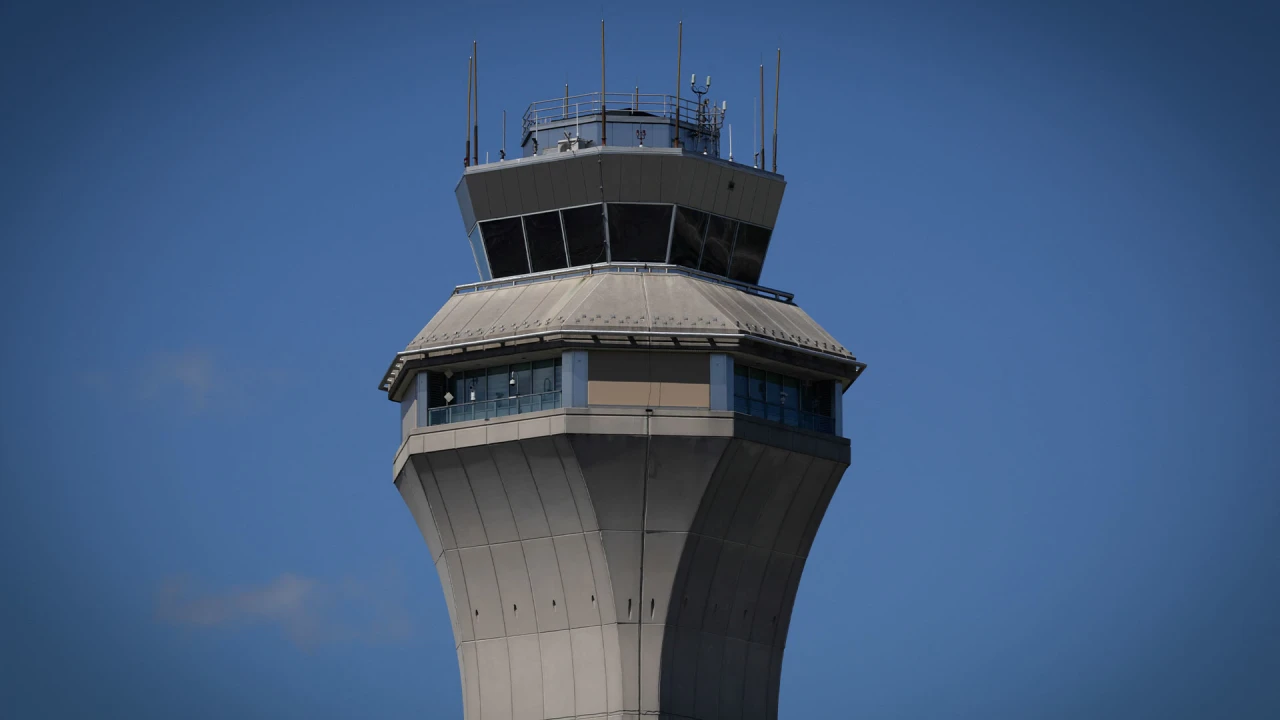Going ‘AI first’ appears to be backfiring on Klarna and Duolingo
Artificial intelligence might be the future of the workplace, but companies that are trying to get a head start on that future are running into all sorts of problems. Klarna and Duloingo have been some of the poster children for the “AI-first” workplace. Two years ago, Klarna CEO Sebastian Siemiatkowski announced he wanted his company to be the “favorite guinea pig” of OpenAI, instituting a hiring freeze and replacing as many workers as possible with AI systems. Last month, Duolingo announced an AI-first shift, saying it would stop using contractors to do work AI can handle and only increase head count when teams have maximized all possible automation. Klarna, while still investing in AI, seems to have renewed appreciation for the human touch. And Duolingo is finding itself under attack on social media for its decision. Klarna’s Siemiatkowski tells Bloomberg the fintech company is about to go on a hiring spree in order to ensure customers will always have the option to speak to a live representative. The company did not say how many people it plans to add, but Siemiatkowski indicated Klarna would look at students and rural areas to boost its workforce. Last year, Klarna, in an announcement, said AI was doing the work of 700 customer service agents. Now it’s focusing on adding human connections. “As cost unfortunately seems to have been a too predominant evaluation factor when organizing this, what you end up having is lower quality,” Siemiatkowski said. “Really investing in the quality of the human support is the way of the future for us.” But Klarna says it is still enthusiastic about AI. Duolingo’s AI-first push is much newer, and there have been no policy reversals on its part as of yet. But the company is facing a tsunami of pushback from the general public on social media after announcing the move, particularly on TikTok. The top comments on virtually every recent post have nothing to do with the video or the company—and everything to do with the company’s embrace of AI. For example, a Duolingo TikTok video jumping on board the “Mama, may I have a cookie” trend saw replies like “Mama, may I have real people running the company

Artificial intelligence might be the future of the workplace, but companies that are trying to get a head start on that future are running into all sorts of problems.
Klarna and Duloingo have been some of the poster children for the “AI-first” workplace. Two years ago, Klarna CEO Sebastian Siemiatkowski announced he wanted his company to be the “favorite guinea pig” of OpenAI, instituting a hiring freeze and replacing as many workers as possible with AI systems. Last month, Duolingo announced an AI-first shift, saying it would stop using contractors to do work AI can handle and only increase head count when teams have maximized all possible automation.
Klarna, while still investing in AI, seems to have renewed appreciation for the human touch. And Duolingo is finding itself under attack on social media for its decision.
Klarna’s Siemiatkowski tells Bloomberg the fintech company is about to go on a hiring spree in order to ensure customers will always have the option to speak to a live representative. The company did not say how many people it plans to add, but Siemiatkowski indicated Klarna would look at students and rural areas to boost its workforce.
Last year, Klarna, in an announcement, said AI was doing the work of 700 customer service agents. Now it’s focusing on adding human connections.
“As cost unfortunately seems to have been a too predominant evaluation factor when organizing this, what you end up having is lower quality,” Siemiatkowski said. “Really investing in the quality of the human support is the way of the future for us.” But Klarna says it is still enthusiastic about AI.
Duolingo’s AI-first push is much newer, and there have been no policy reversals on its part as of yet. But the company is facing a tsunami of pushback from the general public on social media after announcing the move, particularly on TikTok.
The top comments on virtually every recent post have nothing to do with the video or the company—and everything to do with the company’s embrace of AI.
For example, a Duolingo TikTok video jumping on board the “Mama, may I have a cookie” trend saw replies like “Mama, may I have real people running the company





























































































































































